Call or Text
801-438-4793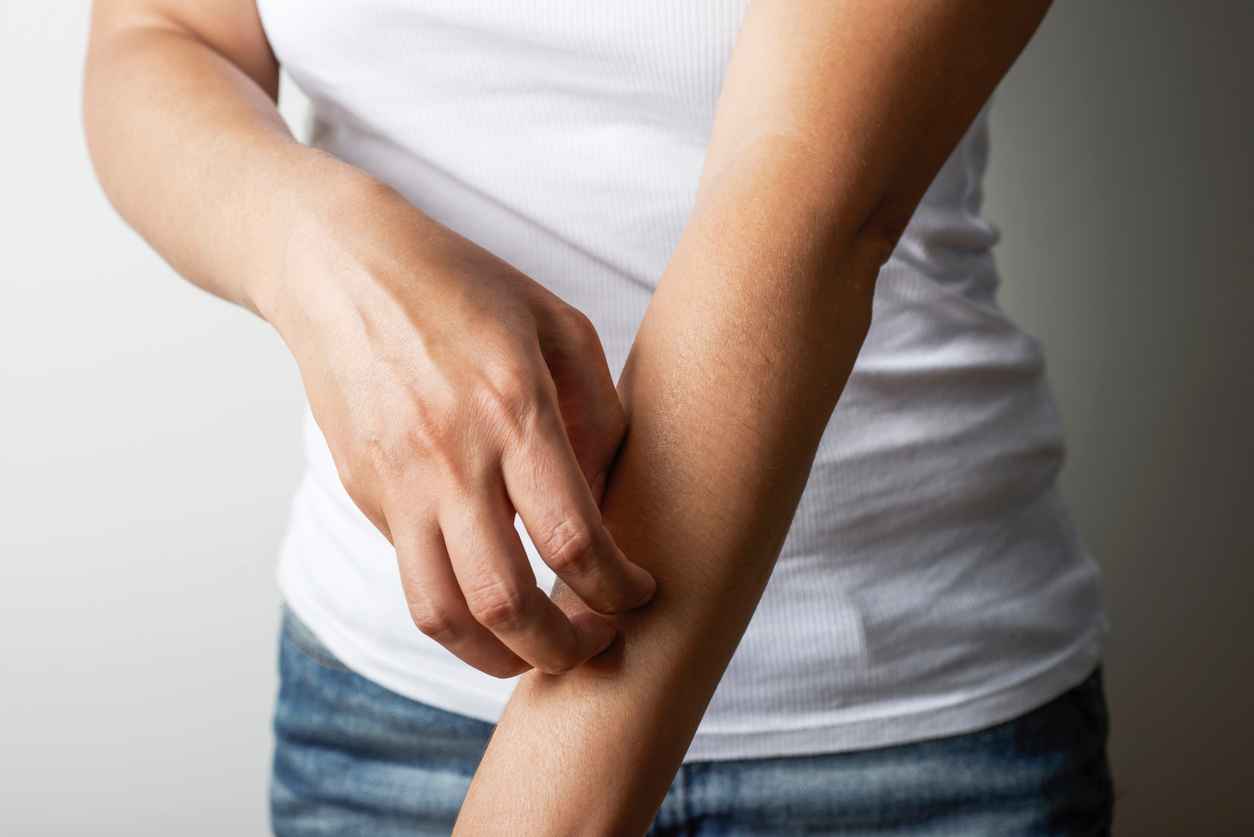
Itchy Skin After a Shower? Here’s How To Stop It
October 11, 2023
After a long, exhausting day, there’s nothing quite like the soothing embrace of a warm, relaxing shower. The sensation of cascading water can wash away the day’s stress and leave you feeling refreshed and revitalized. However, for some individuals, this seemingly rejuvenating experience can quickly turn into a source of discomfort and irritation. If you’ve ever experienced that dreaded post-shower itch, you’re not alone. Itchy skin after a shower is a common annoyance that plagues many of us, leaving us scratching our heads – and our skin.
But fear not! In this blog, we’ll explore the various culprits behind this irksome sensation and provide you with some practical solutions on how to put an end to the itch and make your post-shower moments truly enjoyable again. So, if you’re tired of battling itchiness every time you step out of the shower, read on to discover the secrets to soothing, itch-free skin.
Why Does Hard Water Cause Itchy Skin?
Hard water is water that contains a high concentration of minerals, primarily calcium and magnesium ions. While it’s generally safe to use, hard water can indeed lead to itchy skin for several reasons:
Residue Buildup
When hard water is used for bathing, it leaves behind mineral deposits on your skin. These minerals can create a film on the surface of your skin, preventing soap from lathering properly and making it difficult to rinse away soap and other cleansing products thoroughly. As a result, soap and dirt residue can remain on your skin, leading to irritation and itching.
Altered pH Levels
Hard water tends to have a higher pH level, which can disrupt the natural pH balance of your skin. The skin’s natural pH is slightly acidic, helping to maintain its protective barrier. When the pH balance is disrupted, it can make your skin more vulnerable to irritants and allergens, potentially leading to itchiness.
Dryness
Hard water can strip your skin of its natural oils. The minerals in hard water can combine with the fatty acids in your skin, forming soap scum, which can be drying and damaging to the skin’s moisture barrier. As your skin becomes drier, it’s more prone to itching, flaking, and irritation.
Irritation
The minerals in hard water can be abrasive and irritating to the skin, particularly if you have sensitive or already compromised skin. This irritation can manifest as redness, itchiness, and discomfort.
How to Alleviate Itchy Skin Caused by Hard Water
Alleviating itchy skin caused by hard water involves several practical steps that can help you find relief. Here’s how to tackle this issue:
Install a Water Softener
Consider installing a water softener in your home. This device works to reduce the mineral content in your water, preventing the formation of mineral deposits on your skin. As a result, your water will be softer and less likely to cause dryness and irritation. Water softeners are effective but may require an initial investment.
Use Moisturizers
After each shower or bath, apply a generous amount of moisturizer to your skin. Opt for hypoallergenic and fragrance-free options to lock in moisture, replenish natural oils, and prevent dryness. Regular use of moisturizers can help keep your skin hydrated and less prone to itching.
Showerhead Filters
Install a showerhead filter designed to reduce the mineral content in the water. These filters can be easily attached to your existing showerhead and are a cost-effective solution. They help remove the minerals responsible for itchy skin and can make a noticeable difference.
How to Decide if a Water Softener is Right for You
Determining if a water softener is right for you involves considering several factors, including the hardness of your water, your preferences, and your specific needs. Here’s a step-by-step guide to help you decide:
Test Your Water Hardness
The first step is to determine the hardness of your water. You can do this by purchasing a water hardness test kit or by contacting your local water utility for a water quality report. Water hardness is usually measured in grains per gallon (GPG) or milligrams per liter (mg/L). If your water’s hardness level is above 7-10 GPG (or around 120-180 mg/L), it’s considered hard, and a water softener may be beneficial.
Consider Your Water Quality Goals
Think about your reasons for considering a water softener. Common goals include reducing mineral scale buildup in plumbing, appliances, and fixtures, as well as improving the quality of your tap water for bathing and cleaning. If these are important to you, a water softener might be a good choice.
Assess Budget and Space
Water softeners come in various types and sizes, with different price points. Consider your budget and available space for installation. Keep in mind that whole-house water softeners tend to be more expensive but offer comprehensive water softening for your entire home.
Review Maintenance Requirements
Understand the maintenance needs of water softeners. Traditional salt-based softeners require periodic salt replenishment and resin bed cleaning. Consider if you’re willing and able to perform or pay for these maintenance tasks.
Get Professional Advice
Consult a water treatment professional or a reputable plumbing company. They can assess your specific water quality, discuss your needs, and recommend the most suitable solution. They can also provide guidance on the right size and type of water softener for your household.
Water Softener Services in Utah and Idaho
In a quest for cleaner, softer water Superior Water & Air is your trusted partner in Idaho and Utah. With our dedication to improving your water quality and air purity, we’re committed to ensuring your home is a healthier and more comfortable place to live. Contact us today to discover how we can enhance your quality of life through our water treatment services.
Recent News

Do You Need a Water Softener? How to Tell & How You Benefit
May 29, 2025
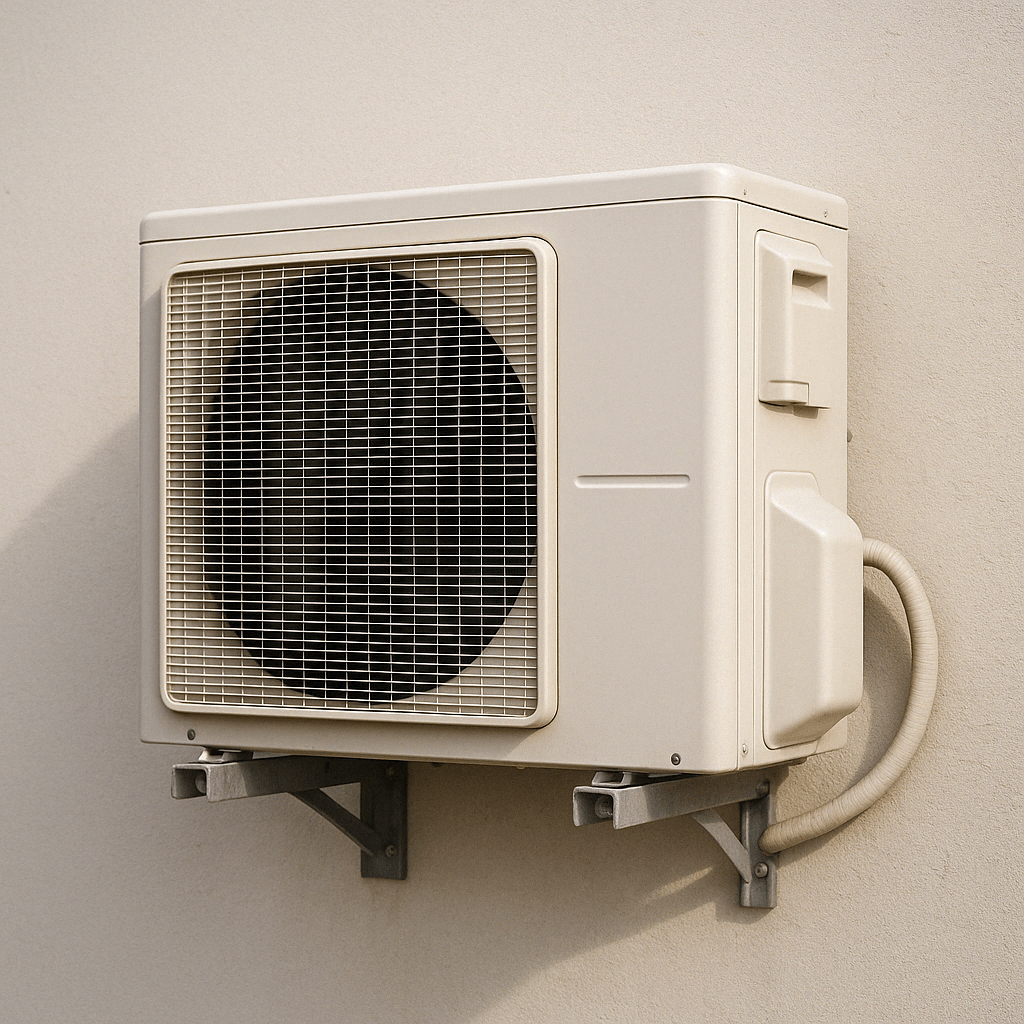
Get Your Air Conditioner Ready for the Summer with Superior Water & Air
April 21, 2025
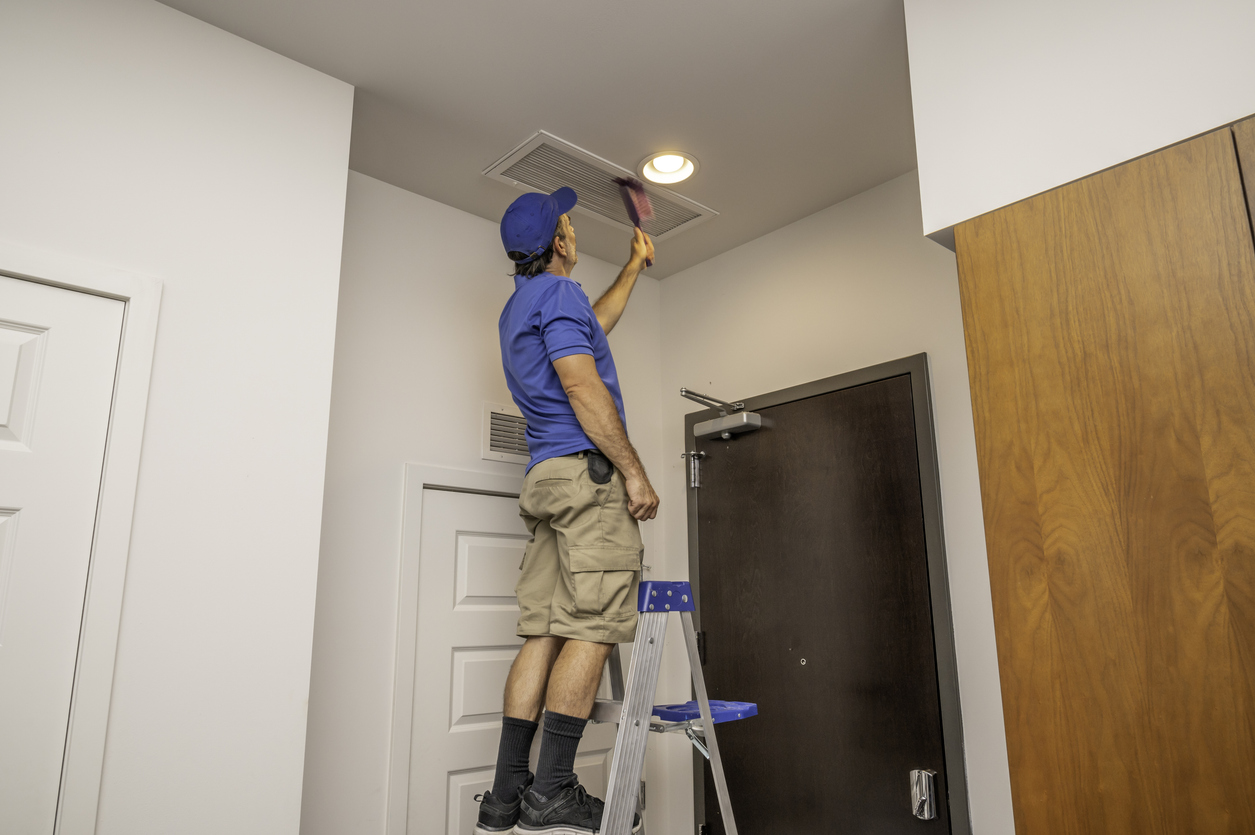
Why You Need the Air Ducts Cleaned in Your Home: Benefits & More
April 3, 2025
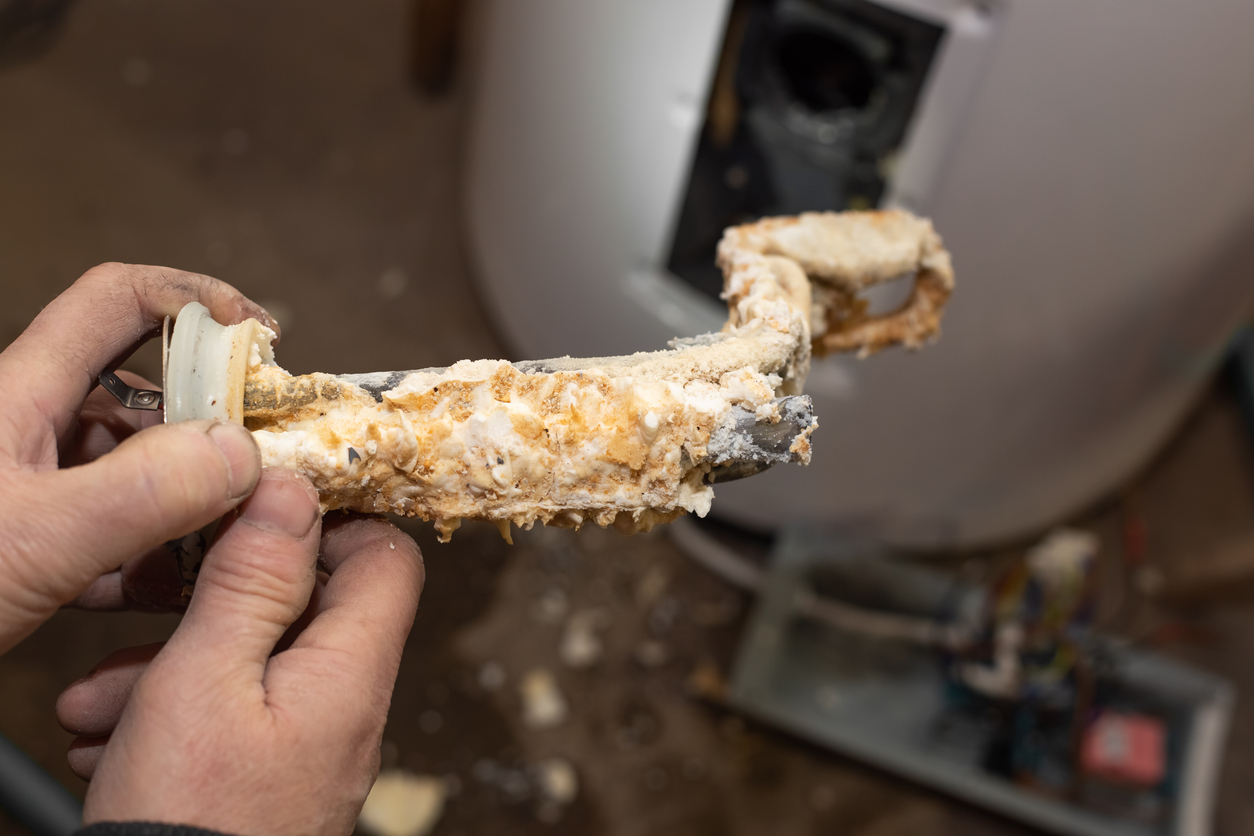
How to Determine Water Hardness & Treat Effectively
February 25, 2025
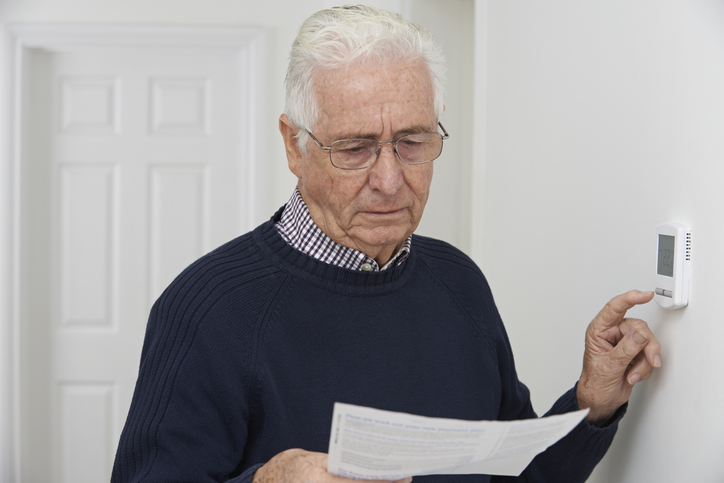
How to Save On Your Heating Bill During Winter
February 10, 2025
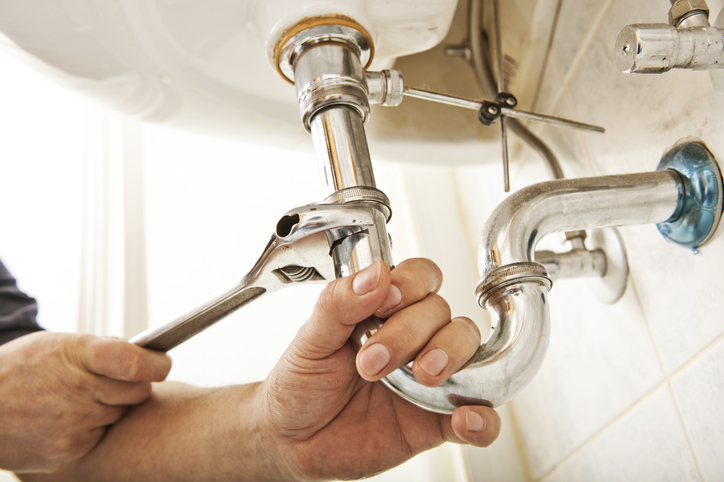
Cost Savings with Proper HVAC and Plumbing Systems in Winter
December 9, 2024
